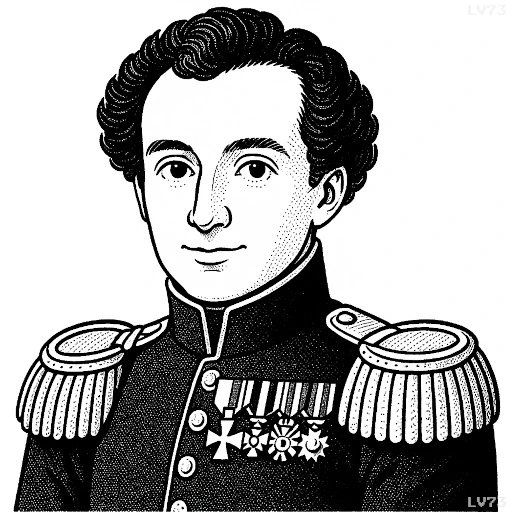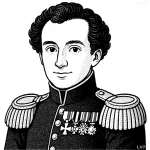“If the leader is filled with high ambition and if he pursues his aims with audacity and strength of will, he will reach them in spite of all obstacles.”

- July 1, 1780 – November 16, 1831
- Born in the Kingdom of Prussia (now Germany)
- Military officer and military theorist
table of contents
Quote
“If the leader is filled with high ambition and if he pursues his aims with audacity and strength of will, he will reach them in spite of all obstacles.”
Explanation
In this statement, Clausewitz emphasizes the transformative power of ambition, audacity, and willpower in leadership. A leader who is driven by high ambition—a clear and compelling vision for the future—combined with the courage to act audaciously and the strength of will to persevere, can overcome even the most formidable obstacles. This combination of traits allows a leader to remain focused and determined, even in the face of uncertainty, resistance, and adversity. Clausewitz suggests that great leaders are not defined by their circumstances but by their ability to pursue their goals with unwavering resolve, regardless of the difficulties they encounter along the way.
Historically, this principle is seen in the careers of many military leaders who succeeded not because they had perfect conditions or easy paths, but because they possessed the will to act despite overwhelming odds. Napoleon Bonaparte’s rise to power, for example, was marked by his unrelenting ambition and boldness, which allowed him to shape Europe despite significant military and political challenges. Alexander the Great, driven by a fierce vision of empire, pushed forward with audacity even when facing vastly larger forces and challenging terrain. Their ability to push through obstacles—whether military, political, or personal—was key to their success.
In modern contexts, Clausewitz’s idea still holds true in both military and civilian leadership. In situations of political conflict or economic crisis, leaders who are able to pursue their objectives with clear ambition and resilience are often the ones who drive change, even when the obstacles seem insurmountable. For instance, Winston Churchill’s leadership during World War II was driven by an unwavering belief in the defeat of Nazi Germany, despite the bleak situation in the early years of the war. His audacity to pursue aggressive strategies, like the bombing of German cities or his refusal to negotiate with Hitler, ultimately helped the Allies prevail. Clausewitz’s insight highlights that willpower and boldness are often the deciding factors in overcoming the challenges that stand in the way of success.
Would you like to share your impressions or related stories about this quote in the comments section?




